In this post I’ve compiled 3 very basic and simple homemade mouthwash recipes with different flavors. Some people like them sweet, others salty, others herbal – here you’ll find what you need!
In a previous post (Beauty products I still prefer to buy, as a DIYer) I talked about how tooth pastes have been one of those tricky categories for me. I’ve been making my own for years, generally satisfied but not without a lot of troubleshooting, until recently (more about that in the post). Mouthwashes, on the other hand, are really easy and satisfying to make.
If you dislike strong and artificial flavoring, like me, making your own homemade mouthwash is an absolute dream. It also keeps your mouth fresh, without you having to worry about the effects of alcohols or synthetic filler ingredients on your teeth and gums in the long run.
They also happen to be very effective and inexpensive to make, which is always a plus!
But first, some general mouthwash info and FAQs (or feel free to use the navigator below).
Are homemade mouthwash recipes really effective?
There are actually plenty of studies comparing salt water, baking soda, and xylitol rinses to other commercial or medical preparations for oral health, which consistently prove their effectiveness.
They are all antimicrobial and help to balance the mouth’s pH level. They’re excellent protection against infections and cavities, by killing pathogens and helping to protect the teeth from demineralization and erosion of the enamel.
A healthy normal pH range for saliva is between 6.2 and 7.5. Anything lower than that (bellow 6.3 really) is considered too acidic and bad news for teeth.
Why make your own homemade mouthwash
So why would you want to make your own homemade mouthwash?
Commercial mouthwashes (especially antibacterial ones) can actually really mess up your oral microbiome. The oral microbiome is connected to your gut microbiome, which is massively important for your overall health!
On top of that, the alcohol present in most commercial mouthwashes has also been linked to cancer for long term users.
Homemade mouthwashes use gentle and time-tested ingredients, in pretty stripped-down formulations. In short, they are:
- Free of nasties
- Completely natural
- Inexpensive
- Customizable
Related content: Want more information on the importance of the microbiome for your general health? How to Boost Your Immune System Naturally & Holistically
Which is better – Salt water vs. Baking soda vs. Xylitol
The principal ingredients in most DIY mouthwashes are sea salt, baking soda, and xylitol. They have all been proven to be highly effective antibacterial agents, that will neutralize mouth bacteria and raise the pH level.
Salt water rinses have the longest history of use, for literally millennia, as healing and disinfecting solutions. Dentists have also been prescribing them for decades to help with infections and as oral care following dental surgeries. It’s also a powerful anti-inflammatory, so it’s very useful with any swelling, redness, or sensitivity in your gums.
Baking soda is also very widely used for teeth hygiene. It’s a common ingredient in homemade toothpastes, but it can be a bit harsh when scrubbed regularly on sensitive teeth. As a mouthwash however, this is not an issue. It’s an excellent deodorant, it’s anti-inflammatory, and it fights teeth stains. It also raises the pH level, helping to balance the mouth’s pH to its more natural alkaline level.
Xylitol is relatively new in the dental game (last 20 years or so), but so far the studies on it are all very promising. Its cavity fighting ability seems to increase with prolonged and consistent use, so results need time to register (after several months).
Despite being a type of sugar, it appears to be almost nonfermentable by oral bacteria, which means they won’t be able to produce the acids they need to thrive on and that cause havoc in your mouth. It also increases the production of saliva, further helping to neutralize the mouth’s pH.
Benefits of using a homemade mouthwash recipe
They:
- Rebalance the oral pH after meals (protection from acids that will destroy enamel, lead to teeth sensitivity, and cavities)
- Soothe inflammation
- Help heal canker sores
- Refresh the breath
- Soothe the throat when used as a gargling solution
How often should you use mouthwash?
All 3 of these homemade mouthwash recipes are gentle, so you can use them several times a day, if you want.
- After washing your teeth
- After eating, if you can’t wash your teeth (especially after eating acidic foods, like coffee, alcohol, citrus, chocolate, refined carbs, sodas, sugary foods).
- If there’s an infection or some gum issue, it’s good to use it several times throughout the day to help with healing.
3 HOMEMADE MOUTHWASH RECIPES
Each of the homemade mouthwash recipes below makes approximately 240 ml / 1 cup which is enough for 2 or 3 days (or more) depending on use.
If you want to make bigger batches, just double or triple the ingredients.
1 – Sweet mouthwash (xylitol mouthwash recipe)
- 1 cup / 240 ml of water or an anise / cinnamon infusion
- 2 to 4 teaspoons xylitol (8 to 16 grams)
- (opt.) ½ teaspoon calcium carbonate/powdered calcium tablets (remineralizing)
Star anise is a powerful antimicrobial, anti-inflammatory, and antiviral.
Cinnamon is also another proven antibacterial and antifungal with anti-inflammatory properties.
Both are sweet tasting (cinnamon will also add a bit of a zing), both will fight the bacteria in your mouth, help with swelling or redness.
2 – Salty mouthwash (extra antibacterial mouthwash recipe)
- 1 cup / 240 ml distilled water
- 1 teaspoon sea salt
- 2 teaspoons baking soda
As mentioned before, both baking soda and sea salt are antibacterial, anti-inflammatory (especially sea salt), and they raise the oral pH.
This homemade mouthwash is excellent for any gum issues or inflammation you might be struggling with. It’s also an excellent deodorant and it will help get rid of any stains on your teeth.
3 – Herbal mouthwash (minty mouthwash recipe)
- 1 cup / 240 ml infusion of peppermint / clove / sage
- (opt.) 2 to 4 teaspoons baking soda
Clove, peppermint, and sage are all proven antimicrobials and all are anti-inflammatory. Peppermint as you know is also incredibly refreshing, which is due to its high menthol content.
Related content: This is The Only Lip Balm Recipe You’ll Ever Need!
Homemade mouthwashes are very straightforward and beginner-friendly DIY recipes. You can get as creative as you want, without worrying too much about proportions and shelf-life, since you’re usually playing around with very safe ingredients.
But these 3 recipes are great to start with. They’re super basic, very effective, inexpensive and quick to make. If you end up not liking a batch very much, you’ll only be down by less than a dollar and maybe 5 minutes of your time. Would that all DIYs were that forgiving!
If you try any of these homemade mouthwash recipes, or have any questions or doubts, let me know in the comments below.

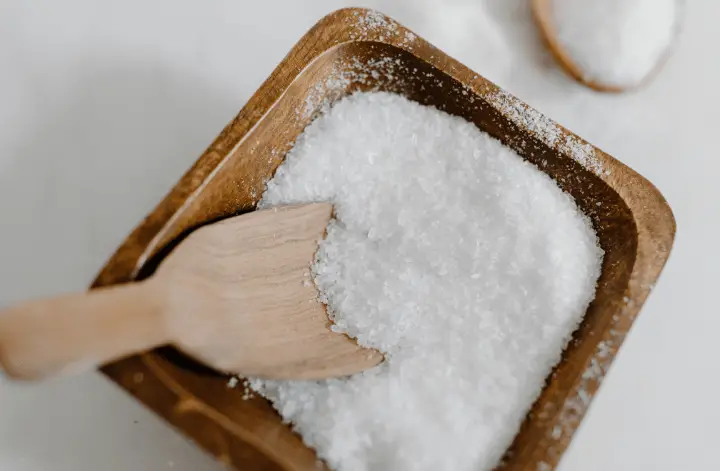
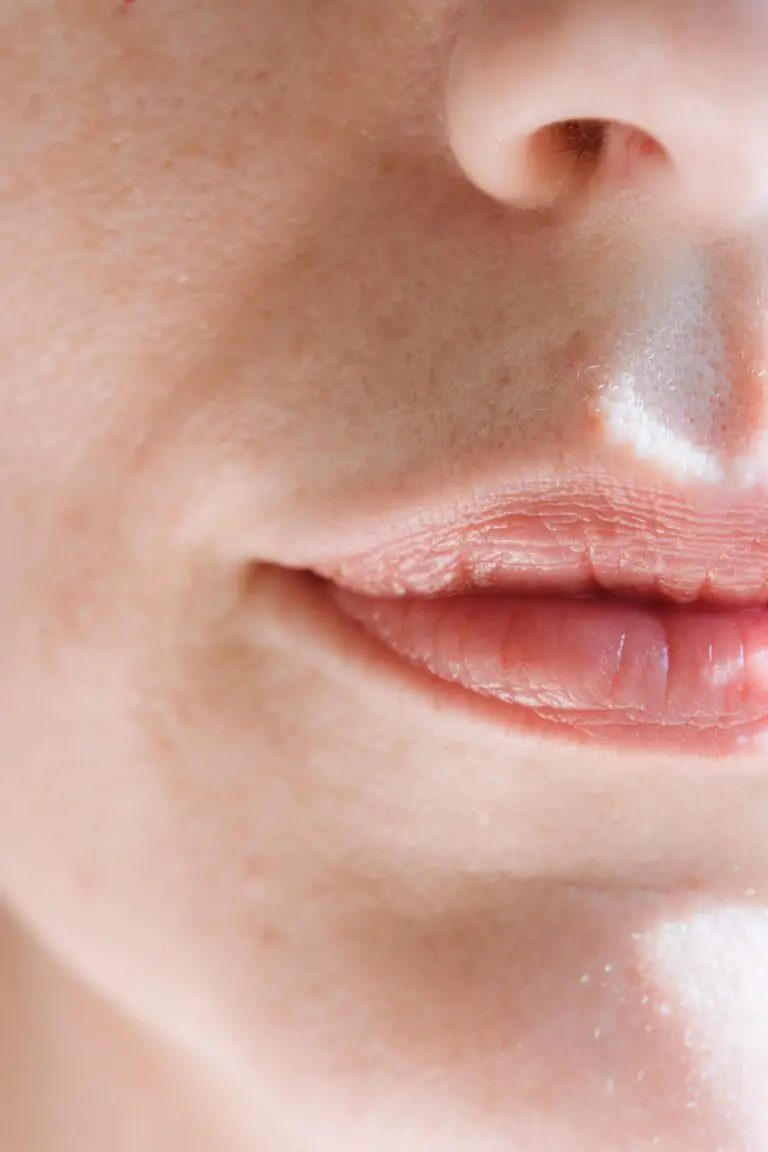
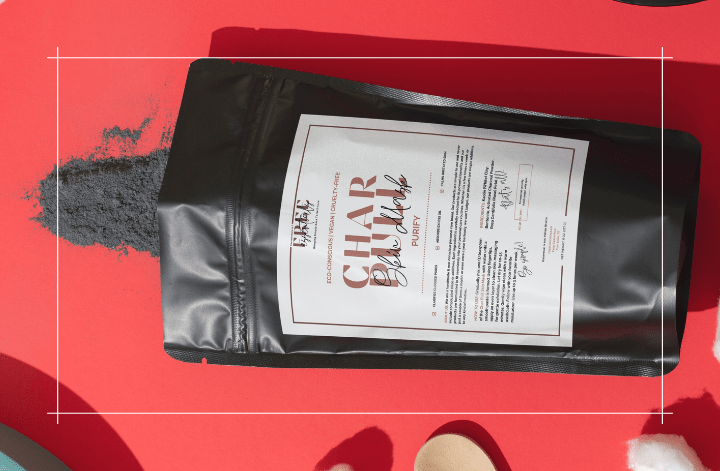
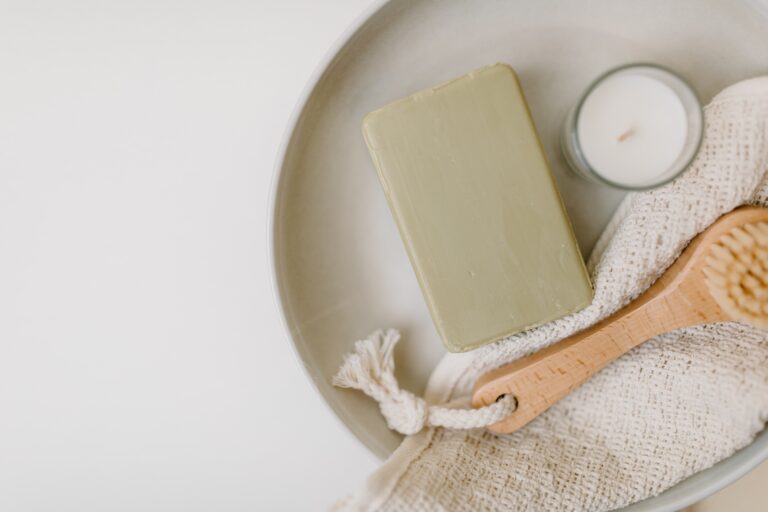

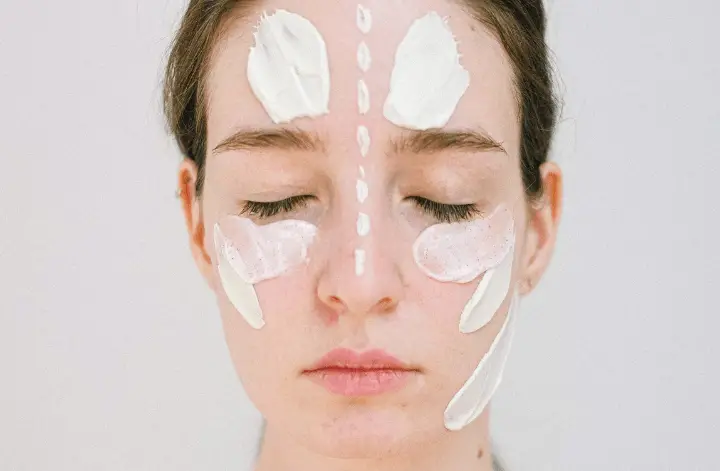
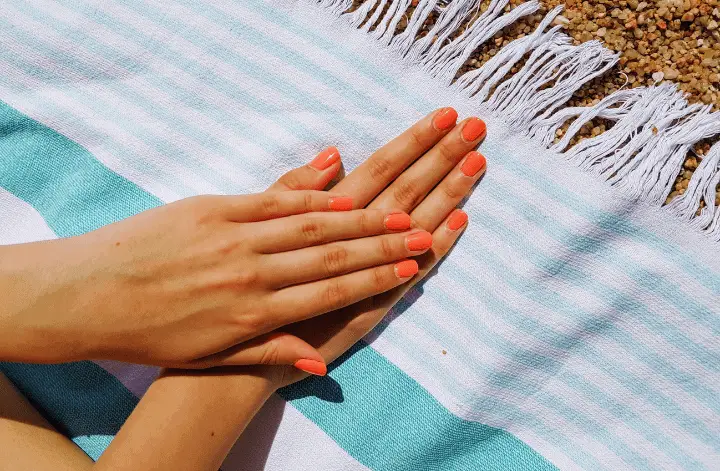

I can’t wait to try the sweet mouthwash. Thank you for sharing, Maggie!!
Hi Mayté! You’re welcome! Let us know what you think ^_^